Bush Sr v AIPAC. Bush Sr in peak of his power on the global stage 'divorce' with the strongest Jewish power on Earth
Only 13 HAMAS killed by Israel, alongside 10,000 Gazans killed, 60 Israeli plus other citizens - hostages by IDF. If other presidents had followed Bush Sr suit, it might have altered course MidEast.
Jerusalem, Gaza Strip, Tel Aviv 11.11am
As the camera moved between shots of a rally of ultra-right Israeli settlers in Jerusalem, the reporter sounded somewhere between amused and incredulous.
Blinken meet Netanyahu 6 times in last 4 weeks. As of November 1st, only 13 HAMAS high-ranking by IDF, alongside 8,000 Gazans. Now 10,000 Gazans killed.
Frustrated with Netanyahu. Blinken is Jewish highest rank in US, 4th on presidential line of succession. Janet Yellen and Merrick Garland also Jewish.
“‘Throw the bums out.’ That’s a loose translation of the Hebrew posters in this Jerusalem rally. But the bums these Jewish settlers refer to are not Israeli politicians, but President Bush and [U.S. Secretary of State] James Baker. Settlers are conservative by most political standards, but if they could vote in the American elections, Bill Clinton would carry the West Bank in a landslide.”
Then, the scene switched to a march of Palestinian nationalists. The reporter was just as bemused as before.
“And Palestinian leaders, supporters of that radical national liberation movement called the PLO, confess that, these days, their hearts are true-blue Republican.”
Israel’s insistence that Arafat rein in Hamas only aggravated his oppressive tactics against Palestinians, thus undermining Palestinian support for the PLO and undermining chances for peace and harmony amongst Palestinians, since the violent imposition of control naturally undermines the growth of non-violent understanding, dialogue, and peace. Arafat imposed upon Palestinians a corrupt and authoritarian regime, press censorship, and security forces that committed brutal interrogations and arbitrary arrests to silence any opposition to Arafat.
This was not a parody. It was a real news clip—you can watch both segments at the link here—and it depicted the political reality in Israel and Palestine, at least as it was for a moment. It’s impossible to imagine seeing today, both because of the unintuitive partisan loyalties and the mere fact that there was any disagreement over U.S. electoral politics at all.
For the past number of decades, practically every politician in the United States has adopted the AIPAC line towards the conflict: that the U.S. should not only support Israel, but that this support be an unquestioned bipartisan consensus, with “no daylight” allowed between U.S. policy and Israeli policy. AIPAC insist that this line be maintained no matter what, regardless of anything that Israel does or how extreme its government gets.
Notice right away that the goal of AIPAC is not to create bonds of love within Israel, between Israelis and Americans, or between Israelis and its present and potential foes, such as Palestinians and Iranians. Its goal is not to engender feelings of joy and happiness, conditions of impartial justice, fully empathic 360◦ truthful reporting, or harmony through friendship and equality.
AIPAC’s goals are precisely and narrowly constricted to the safety, strength, and security of Israel by means of intimidating potential foes. How likely is it that all Jews share these goals? Isn’t it likely that many would value cooperative dialogue and mutual justice and caring with potential foes? According to AIPAC, deterring regional conflict is not gained by mutual caring, dialogue, and cooperative efforts to ensure that all sides of potential conflict are treated fairly.
Instead, conflict is deterred through military might and intimidation, which is why Israel is allowed to have a secret, unmonitored nuclear arsenal of some 80 nukes in violation of the Nuclear Non-Proliferation Treaty while the thought of Iran having even one is portrayed by the double-standard groupthink of US political leaders and the US media as downright dangerous and evil.
In the wake of the first Gulf War, which ended in February 1991, then-President Bush was at the peak of his power on the global stage. He had successfully expelled the Iraqi military from Kuwait, a U.S. ally and major oil producer ― all while managing to insulate Israel, almost entirely, from retaliation at the hands of Iraqi President Saddam Hussein.
Bush decided that Arab-Israeli peace was next on his list of international accomplishments. To that end, his famously assertive Secretary of State Jim Baker laid the groundwork of what would become a multilateral peace conference in Madrid, Spain, in October 1991. Israel and a host of Arab governments sat down, under American supervision, to discuss their thorniest differences, chief among them, the status of the Palestinian people.
In a nod to Israel, the Palestinian Liberation Organization, a militant political organization that represented the Palestinian national cause, was not present. Instead, Palestinian representatives participated as part of the Jordanian delegation.
But a few weeks before the conference, the right-wing Israeli Prime Minister Yitzhak Shamir asked the United States to guarantee $10 billion in loans Israel needed to help absorb hundreds of thousands of immigrants from the Soviet Union. Under the arrangement, the U.S. would have served as Israel’s guarantor with creditors, assuring it a much lower interest rate than it would have otherwise received in the credit markets.
The United States had already guaranteed a $400 million loan to Israel to absorb a smaller wave of Soviet Jewish immigrants in October 1990.
At the time, Baker had negotiated strong assurances from Israel that it would not use the funds to relocate the Jewish immigrants to settlements in the territories Israel occupied since 1967, which the U.S. viewed ― and, at least officially, continued to view for decades ― as a major impediment to peace.
When the U.S. sought to impose the same terms to the new tranche of loans, however, Shamir objected.
Bush stood his ground, insisting on delaying the entire loan guarantee for 120 days. He claimed he did not want a protracted debate with Congress over settlements to interfere with the peace talks; he likely also wanted to pressure a wayward Shamir into cooperating with the conference and burnish American credibility as a fair mediator with Arab nations.
Shamir thought that with the help of the American Israel Public Affairs Committee, or AIPAC, he could force Bush’s hand by mobilizing Congress to approve the aid immediately in defiance of the president.
Unmoved, Bush vowed to veto legislation that authorized the aid before the 120-day delay had expired. He took his case to the media, speaking at length about his stance in a press conference on Sep. 12, 1991. He famously portrayed himself as an underdog against the might of AIPAC and other pro-Israel groups, which had recently organized a massive lobbying day on Capitol Hill.
“I heard today there was something like 1,000 lobbyists on the Hill working on the other side of the question. We’ve got one lonely little guy down here doing it,” he said, eliciting laughs from the White House press corps.
Shortly thereafter, Bush prevailed in his game of chicken with Shamir and AIPAC.
Congress backed down. And when the U.S. finally guaranteed the loans in the spring of 1992, it did so using a new formula designed to offset Israel’s spending on settlements. It guaranteed $200 million less for each billion Israel asked for to account for Israel’s projected settlement spending.
The Madrid conference, and the multilateral talks that followed, did not result in any breakthroughs between Israel and its neighboring Arab nations, to say nothing of the occupied Palestinians.
But the shortcomings of the conference solidified a realization within Israel’s peace camp that Israel would need to conduct direct talks with PLO leaders, who had not been present in Madrid.
And perhaps more significantly, the drama over the loan guarantees hastened Shamir’s political demise. He lost his bid for re-election in June 1992 due, at least in part, to public weariness of the tensions his conduct had created with the United States, Israel’s major military, financial and diplomatic benefactor.
[right] The late Israeli Prime Minister Yithzak Rabin [killed by ultra radical far right Yigal Amir, November 4th, 1995 or 28 years ago] and [left] the late King Hashemite - Jordan Hussein bin Talal
Shamir’s successor, Yitzhak Rabin of the center-left Labor party, went on to give his blessing to the first direct Israeli talks with PLO leaders that were initially undertaken in secret in Oslo, Norway. The discussions led to the Oslo Accords, which created a degree of Palestinian autonomy in the West Bank and Gaza that was meant to serve as the basis for future Palestinian sovereignty.
Then-Israeli Prime Minister Yitzhak Shamir, left, confers with his Deputy Foreign Minister Benjamin Netanyahu at the Madrid peace conference in October 1991.ASSOCIATED PRESS
Viewed from that angle, Bush’s showdown with Shamir served as a model for the success an American president is capable of achieving in the region if she or he is determined enough to withstand short-term political blowback.
another AIPAC ally, Wolf Isaac Blitzer
“Thomas Dine, the then-executive director of the American Israel Public Affairs Committee, declared that September 12 – when Bush announced he would tell Congress that the request for the guarantees must be deferred for 120 days – would be ‘a day that lives in infamy for the American pro-Israeli community.’
“Dine lamented that ‘this president did what no other president has done: He held a special press conference on this issue and challenged not just congressional efforts to proceed with the guarantees legislation, but Israel’s overall aid levels.'”
Actually, once before, after Israel had invaded Egypt and occupied Egypt’s Sinai Peninsula in 1956, Republican President Dwight D. Eisenhower had threatened to cut off more than $100 million in annual US aid if Israel didn’t withdraw. Israel withdrew, but first systematically destroyed infrastructure in the Sinai peninsula, including roads, railroads, telephone lines, and all the houses in two tiny villages.

But three decades later when Bush was President, the Israel lobby was far stronger, and few dared to go against it.
Ha’aretz states: “The pro-Israel lobby was shocked by the determination of the Bush administration to postpone congressional consideration of the guarantees – which it had carefully crafted with the Israeli government and expected to sail through Congress and then the White House in early October.”
An AIPAC official had predicted that the guarantees would pass “like a knife through butter.”
Ha’aretz reports: “In making his case, Bush pointedly reminded Israel that ‘just months ago, American men and women in uniform risked their lives to defend Israelis in the face of Iraqi Scud missiles,’ and that the Gulf War had ‘achieved the defeat of Israel’s most dangerous adversary,’ referring to Saddam Hussein’s regime.
“Moreover, he said, his administration had approved $4 billion in military aid for Israel, representing ‘nearly $1,000 for every man, woman and child,” and had already given Israel ‘millions in loan guarantees’.”
During the onslaught – a thousand Jewish Americans from at least 35 states descended on Congress demanding that the loan guarantees go through to Israel – Bush complained: “There are 1,000 lobbyists up on the Hill today lobbying Congress for loan guarantees for Israel and I’m one lonely little guy down here asking Congress to delay its consideration of loan guarantees for 120 days.”
Anybody who advocates for anything less is pilloried as an anti-Semite and forced to contend with a well-funded primary challenger. We are supposed to simply accept as a fact of life that the United States must send tens of billions of dollars in aid to one of the wealthiest countries on the planet, year in and year out, but cannot ask for anything in return.
It’s an absurd concept. But with how much money organizations like AIPAC spend to uphold it, it’s been a very tough one to take down. That does not mean, however, that there have never been any challenges to it.
Over 30 years ago, one President decided to break from this consensus and adopt a far more evenhanded policy towards the Israeli-Palestinian conflict. It resulted in unprecedented diplomatic successes, and it has been forgotten by all except for the Israel lobby, who have dedicated themselves to preventing it from ever happening again. Allow me to introduce you to the story of President George Bush, a set of loan guarantees, and an absolutely vital lesson that Washington has been determined to erase from its memory.
Horrific massacres waged by Hamas against Israeli civilians and the horrific Israeli counterstrikes that have caused a humanitarian crisis in Gaza have prompted extreme and callous responses. Fringe far-left outfits, campus groups, and some pro-Palestinian activists have justified Hamas’ vile attacks, while Sen. Tom Cotton (R-Ark.) endorsed wiping out Gaza, not just Hamas.
Any dehumanization that allows for a blasé attitude toward the murder of civilians is condemnable. But when such a stance is adopted by persons with power and influence, it especially warrants opprobrium. On Fox News, when asked about the dire conditions, destruction, and deaths in Gaza caused by the Israeli assault, Cotton showed no compassion: "As far as I'm concerned, Israel can bounce the rubble in Gaza. Anything that happens in Gaza is the responsibility of Hamas…If we can back Ukraine for as long as it takes, surely we can back Israel for as long as it takes.”
Back Israel for as long as it takes. That has often been the sentiment within the United States—a bipartisan consensus in which supporting Israel means fully embracing its government and policies. For the diehard pro-Israel lobby, the goal has always been to cut off criticism of Israel, even when vigorous debate has waged within Israel about its actions. Once again, we have seen the emergence of the Israel-can-do-no-wrong crowd. Gov. Ron DeSantis (R-Fla.), for example, called for Israel to use “overwhelming force” in Gaza, as its airstrikes kill, injure, and displace thousands of Palestinian civilians. He rationalized this by insisting that all Palestinians in Gaza are antisemitic.
DeSantis and other Republican 2024 contenders slammed GOP frontrunner Donald Trump for daring to criticize Israeli Prime Minister Benjamin Netanyahu for being ill-prepared for the Hamas attack. (Trump was probably more ticked off that Netanyahu never supported his Big Lie that the 2020 election was stolen from him.) In the face of this pounding from his rivals, Trump quickly backtracked and posted “#IStandWithIsrael” and “#IStandWithBibi” on social media.
Equating Netanyahu and Israel is a problem for those who profess support for Israel. He has been disastrous for Israel. Accused multiple times of corruption, he has elevated racist ultra-nationalists to the highest ranks of the Israeli government, and he has pursued measures to weaken Israeli democracy and consolidate power within his own office—prompting mass protest and bitterly dividing the nation. He has allowed the expansion of settlements and done nothing but exacerbate the Israeli-Palestinian conflict. Netanyahu miscalculated and ignored a fundamental challenge for Israel.
As Michael Hirsh put it in Foreign Policy:
Netanyahu suddenly faces a long, bloody war with the Palestinians after spending most of his political career sidelining, short-shrifting, and underestimating them, all the while relying on his country’s military superiority—including its Iron Dome anti-missile system—to protect Israel… Netanyahu’s policies helped create the conditions that led to the bloodiest few days in the history of the Israeli-Palestinian conflict.
Netanyahu not only disregarded Palestinian grievances while chasing after normalization accords with Arab states. He connived to solidify Hamas’ standing in Gaza as a means to undercut the Palestinian Authority—which allowed him to duck serious negotiations to reach a permanent resolution. As the Wall Street Journal pointed out, “Netanyahu pursued a divide-and-conquer strategy by propping up Hamas, while at the same time weakening the Palestinian Authority in the West Bank, said Yohanan Plesner, a former lawmaker and head of the Jerusalem-based think tank the Israel Democracy Institute.” A 19-year-old Israeli summed it up rather simply: “Bibi chose to give us Iron Dome instead of a diplomatic solution.”
And Netanyahu’s most immediate screwup of all: He failed to foresee or prepare adequately for the heinous attacks from Gaza.
With this record, unqualified support for Netanyahu makes no sense. As many commentators have opined, this moment is reminiscent of the post-9/11 period in the United States. Here’s one sad similarity: There were plenty of reasons to oppose George W. Bush’s invasion of Iraq, and a key one was that Bush would be in charge of the war. It was evident that he did not have the experience, judgement, vision, values, or know-how to oversee such a difficult and consequential endeavor. Bush had no clue what to do after the US assault toppled Saddam Hussein. It was no surprise the war turned out to be a disaster that ended the lives of several thousand American soldiers and hundreds of thousands of Iraqi civilians and that did little good for the region and world.
After all of Netanyahu’s failures and miscalculations, who wants to bet on him now? He deserves no blank check. While it is encouraging to see President Joe Biden issue a statement that suggested Israeli should not bounce the rubble—“We must not lose sight of the fact that the overwhelming majority of Palestinians had nothing to do with Hamas’s appalling attacks, and are suffering as a result of them”—it remains unclear whether Biden has directly pressured Netanyahu on this point. How far will he go to rein in Netanyahu? The appalling images coming out of Gaza before the expected ground assault are not reassuring on this front. As I write this, Biden is scheduled to visit Israel on Wednesday and huddle with Netanyahu. This strikes me as a mistake that could possibly be viewed as a vote of confidence in Netanyahu and that could tie the United States further to the devastation underway in Gaza.
Many Israelis have no faith in Netanyahu. There have been calls on him to resign—for both his actions (or inaction) prior to and following the Hamas attacks. Haaretz, the liberal newspaper, ran an op-ed headlined “Netanyahu: Resign Now!” Another column in the paper began, “Benjamin Netanyahu should be removed as prime minister immediately—not 'after the war,' not after a plea bargain in his corruption trial, not after an election.” A veteran Israeli television broadcaster tweeted, “don't wait. Put him on trial now. He is a war criminal.” Members of Netanyahu’s cabinet have been driven out of hospitals by hecklers enraged with the government. Another minister was denied entry into a southern Israeli community when the man on guard started shouting at him, "Shame on you and on your government! Get out of here.”
The Biden administration cannot defer to Netanyahu. As Israel’s number-one underwriter—to the tune of $3.9 billion a year—it has leverage, and it ought to use it to prevent further Netanyahu miscalculation and more brutality in Gaza. This man cannot be trusted—especially not to lead a military action with possible consequences for the entire planet.
Back to Cotton and his cavalier call for the razing of Gaza. It should not be difficult to empathize with Israelis murdered by Hamas’ vile attack and with Palestinian civilians being killed and terrorized by Israel’s assault on Gaza. I find it unbearable to watch videos from the rave where 260 young Israelis were slaughtered or the footage of injured children being carried into Gaza hospitals overflowing with bombing victims. (The explosion Tuesday at the al-Ahli Hospital in Gaza City—whoever was responsible for it—yielded gruesome images and a heartbreaking death count of hundreds.) The goal is peace, security, and dignity for both sides. I don’t know how that will be achieved. But we can be sure that Netanyahu is not the man for this job.
Let’s end with a moving moment that occurred when Maoz Inon, an Israeli whose parents were killed during the Hamas attacks, was interviewed by the BBC. He began to cry, and he explained:
I’m not crying for my parents. I’m crying for those who are going to lose their life in this war. We must stop the war. The war is not the answer. I beg all the viewers and listeners to do everything in their power to put pressure on everyone that is relevant to stop the war immediately… In our family, we are not seeking revenge. Revenge will just lead to more suffering. And to more casualties. And even though it’s the most horrible day—it was the most horrible loss of life in Israel since the foundation of the country—I’m afraid that the numbers can be much bigger... I’m afraid for the soldiers, for the civilians from both sides in Gaza and in Israel that will pay [with] their life. This is why I am crying.
Standing with Netanyahu is not standing with Israel. It’s standing with more violence, death, and tears.
I know a lot of high-ranking media, such as New York Times, Guardian, Anadolu, BILD, Spiegel, Financial Times, Strait Times, Washington Post etc subscribed my substack. Plestia ‘Bosbos’ Alaqad ready to be your Stringer inside Gaza under bombing by Israel. Plestiaa2011@gmail.com
Toddler with Plestia, before war, living in Northern Gaza and they evacuated to Southern Gaza. Since Friday, Oct 13, when Israel announced to every Gazans from northern move to southern, more than 5,000 killed in southern, not counting barbaric bombing in northern Gaza. Northern Gaza is being depopulated, while even residents in the south are ordered to evacuate as the israelis implement their ethnic cleansing. Refugee literally fulfilled Israel warning, and still killed with barbaric bombing by Israel. Documentation by Plestia Alaqad







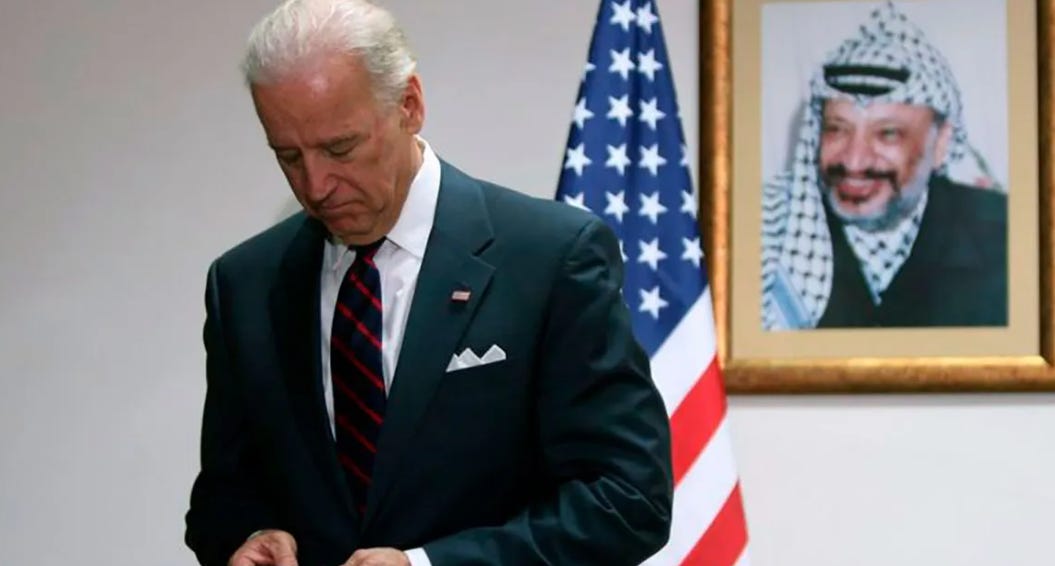


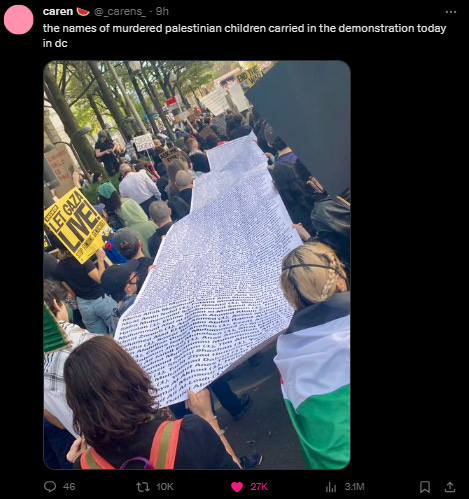

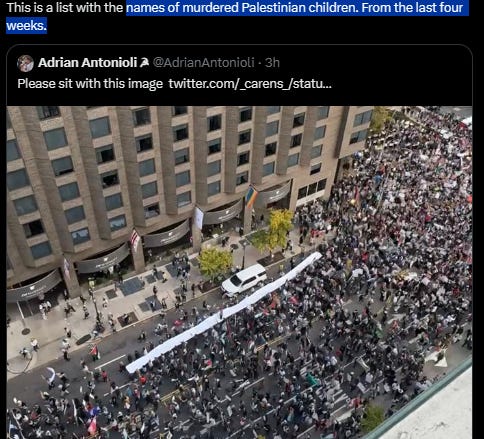

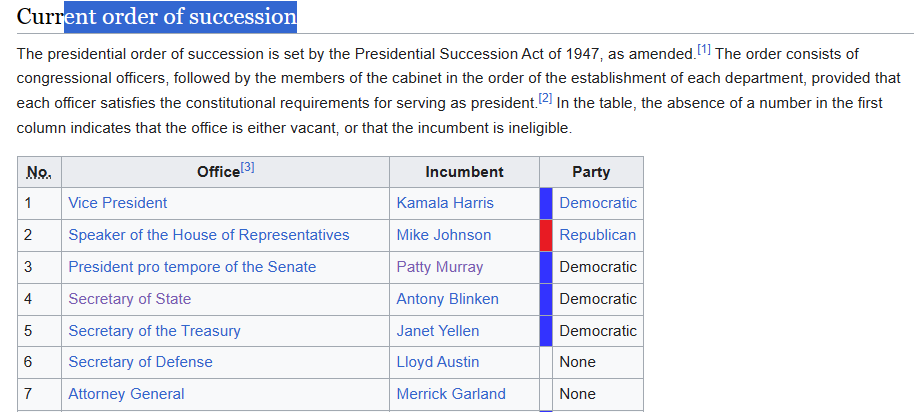

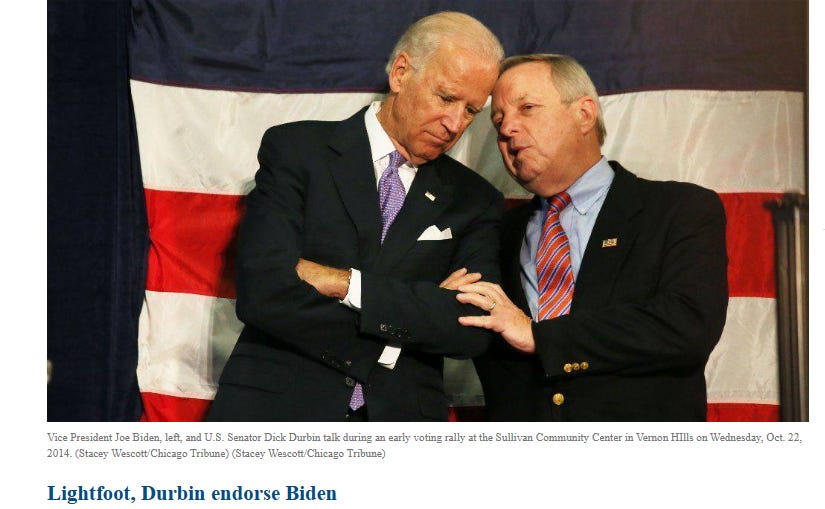

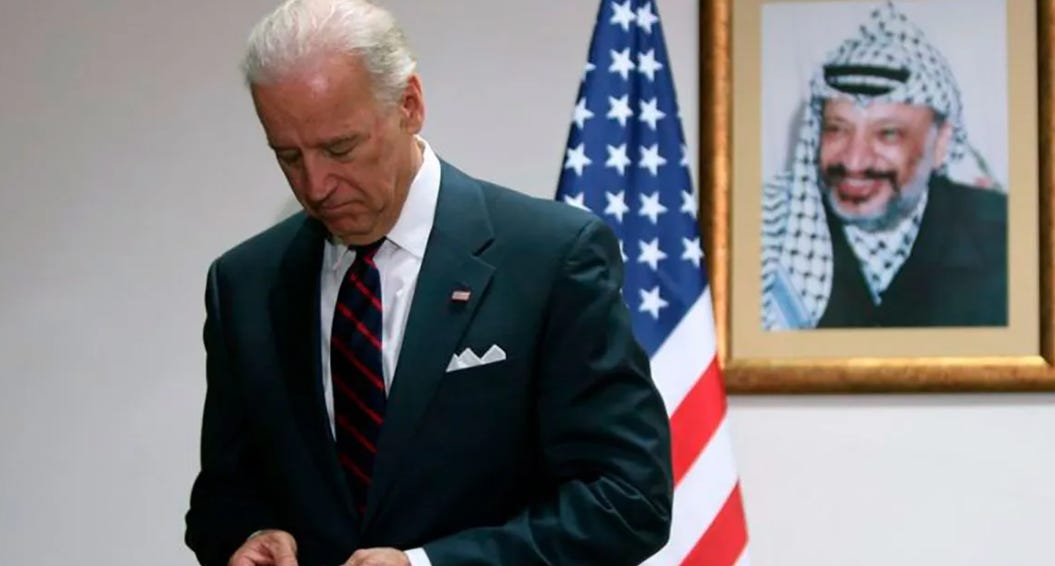
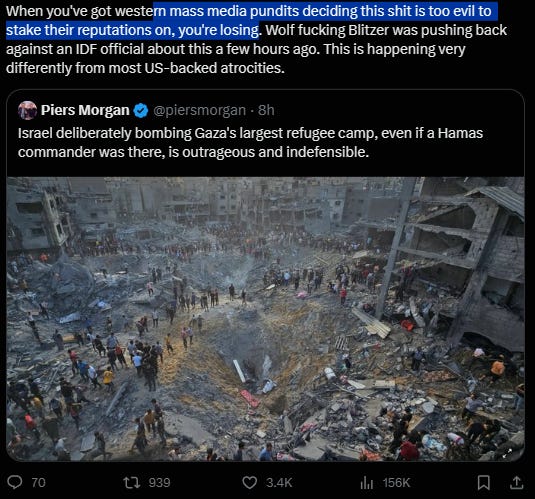


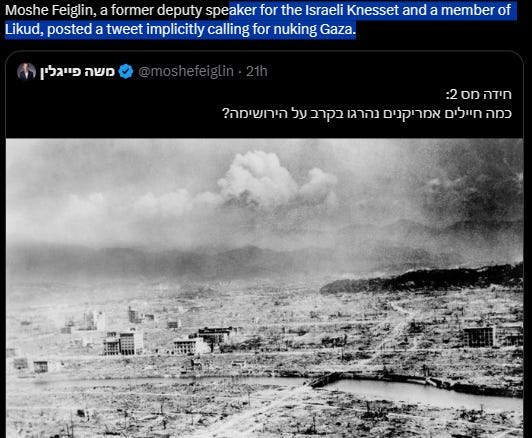

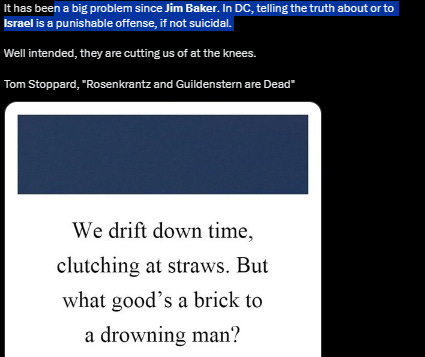
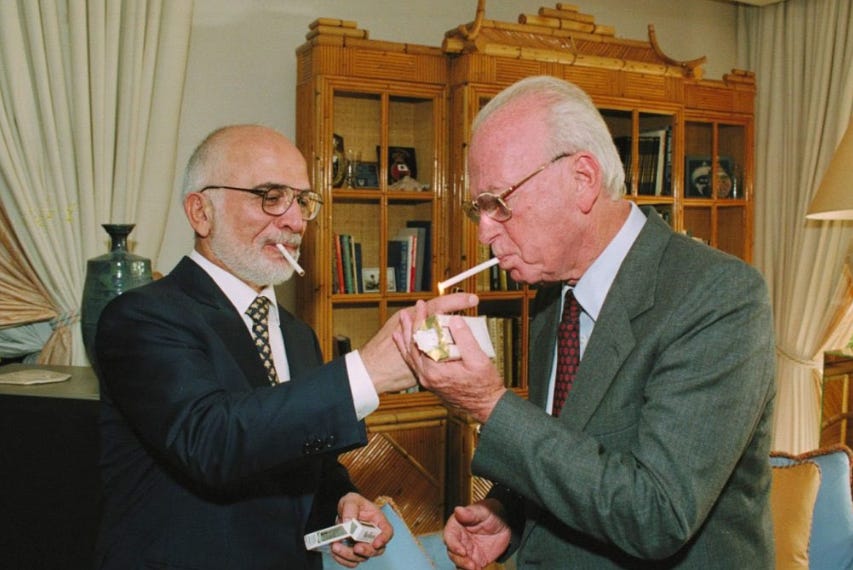



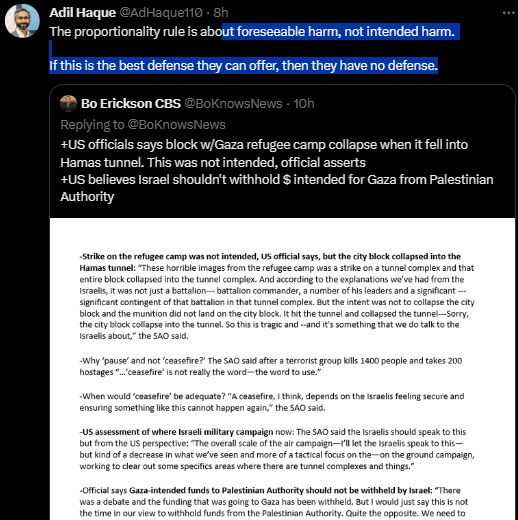




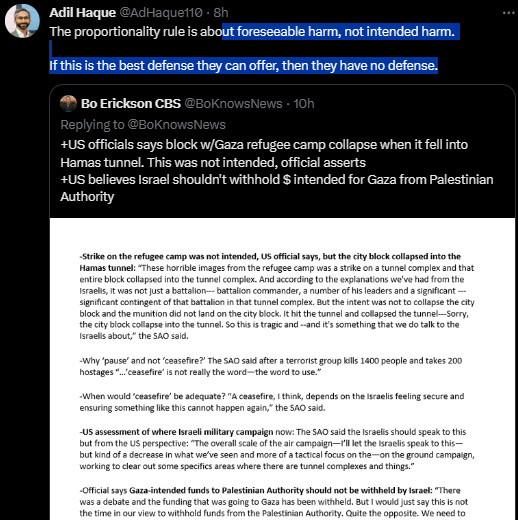

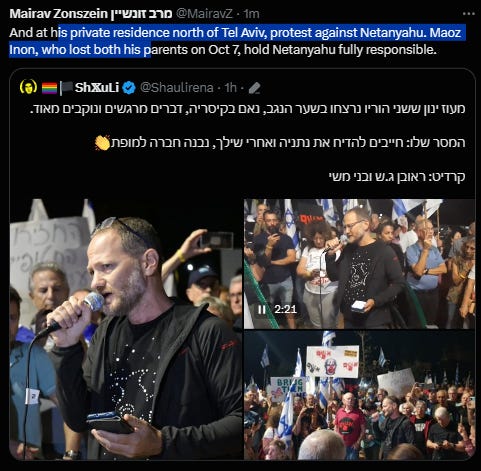









https://youtube.com/shorts/q5sNpaK5i0A?si=ETI1e6hKQFBlkJG2